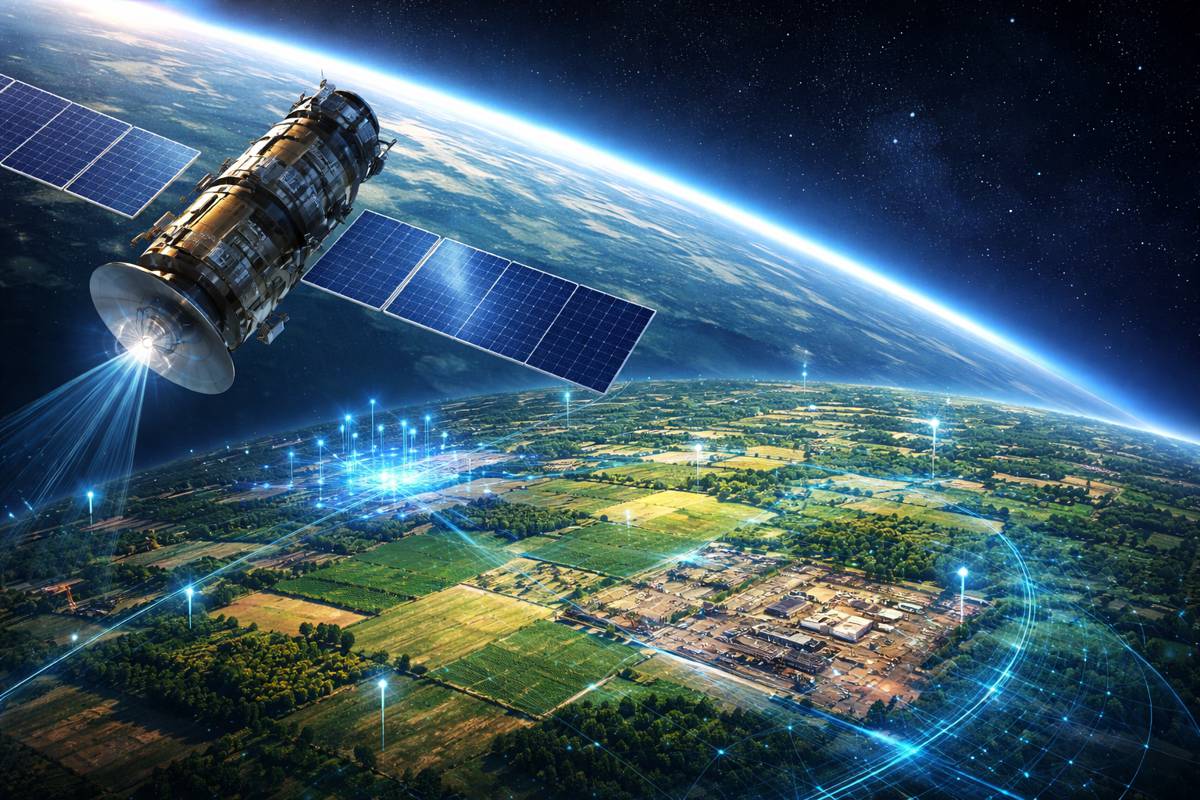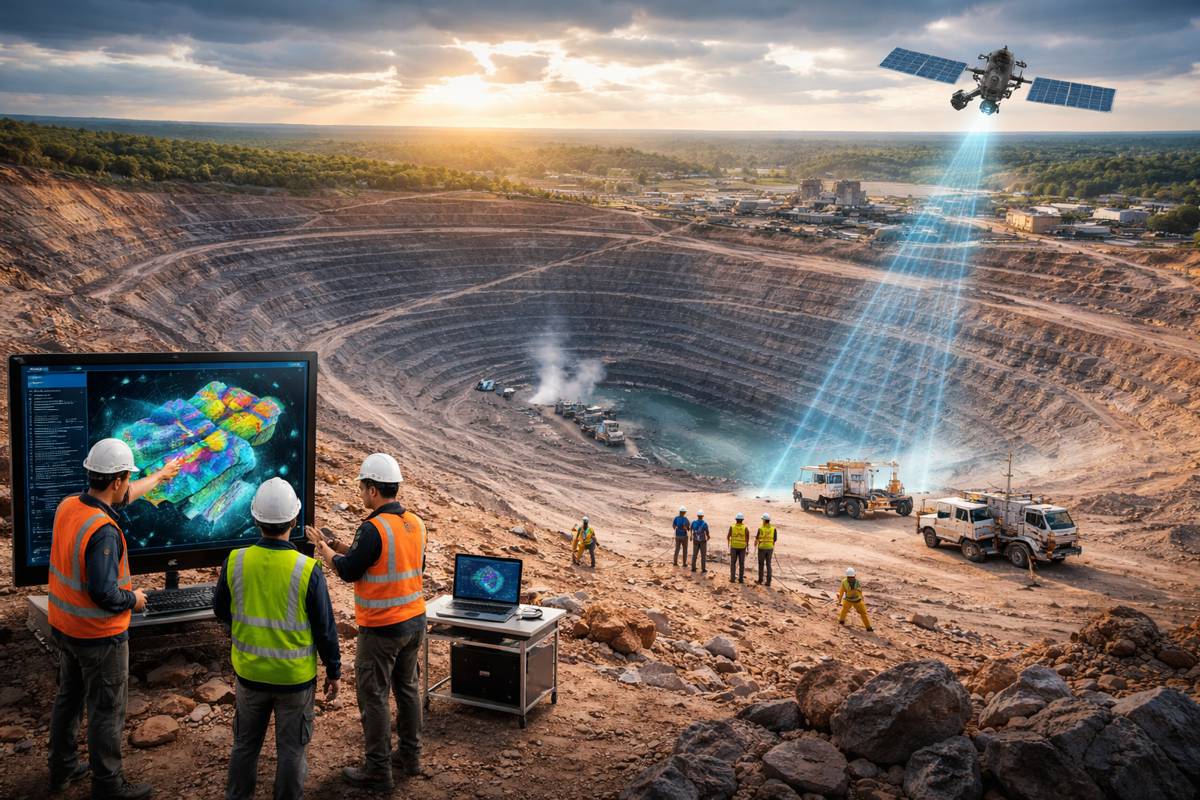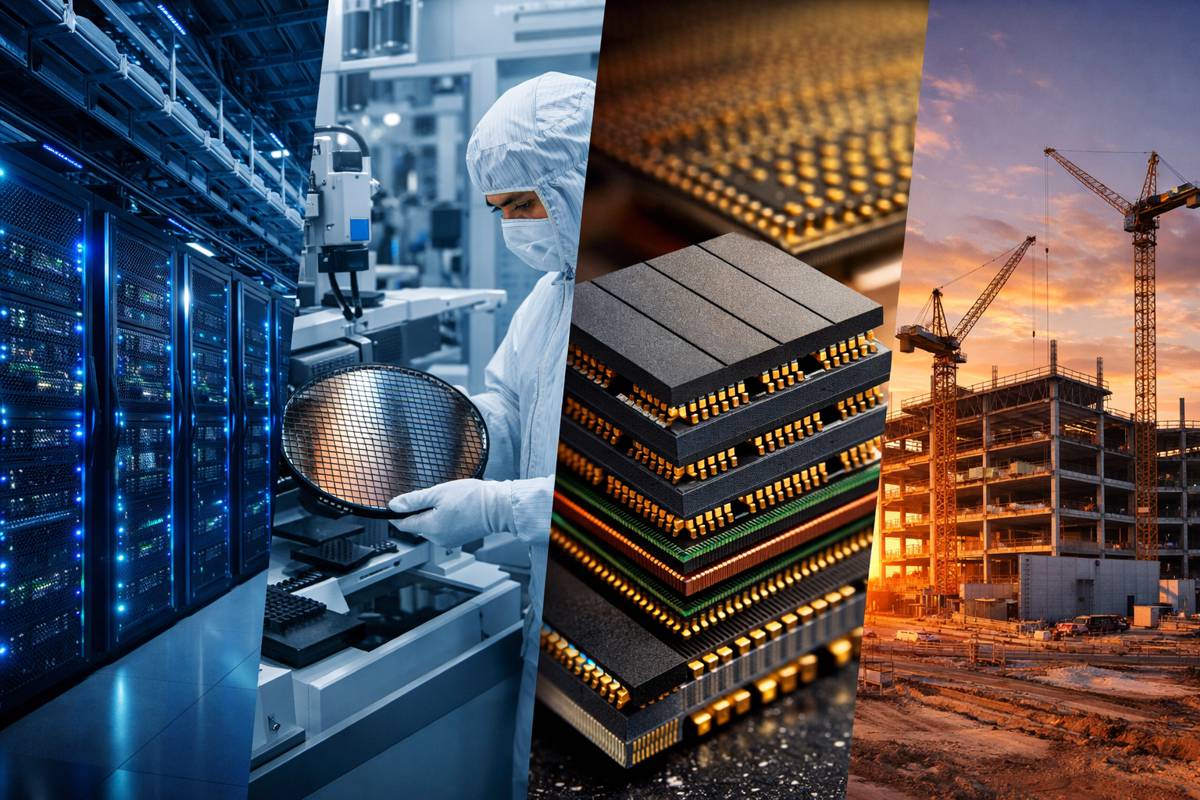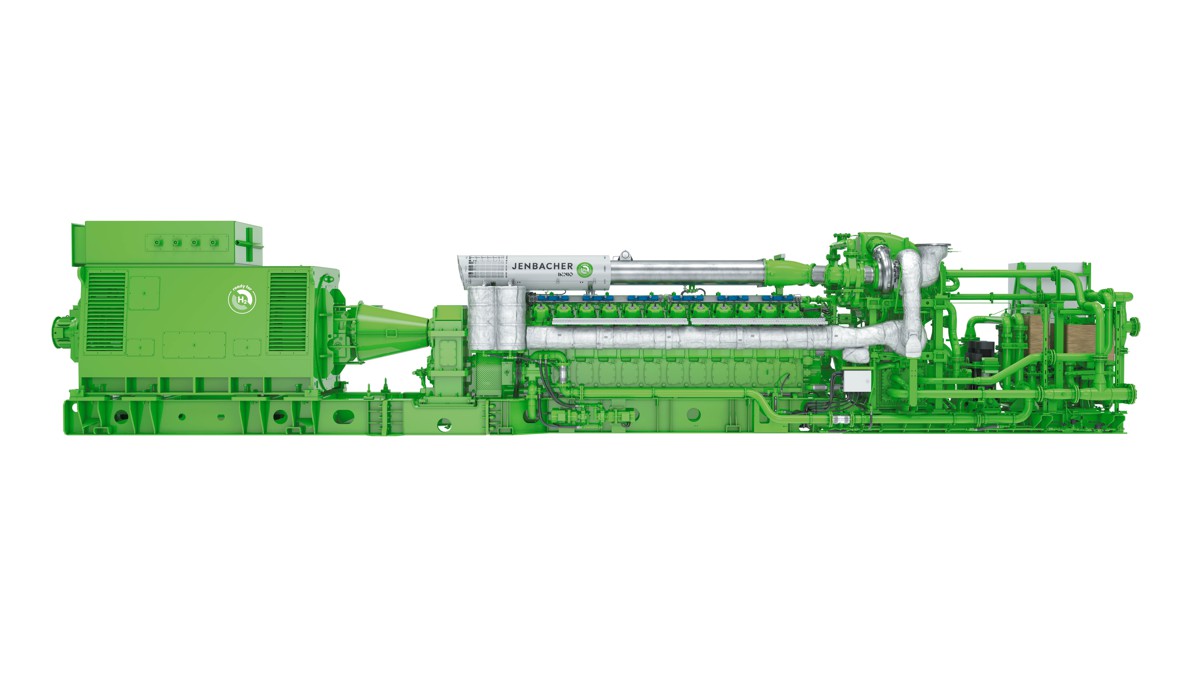How AI is used in Construction
Artificial Intelligence has been the buzzword of this century – It is an advanced technology applied to various fields to automate tasks and substitute human-initiated activities.
Artificial intelligence has also found its application in the construction industry. Some companies that integrate artificial intelligence into their strategy have gained good momentum in the market.
Let’s further explore how artificial intelligence is used in the construction industry:
The role of AI in construction
The construction industry is constantly innovating toward digitization and intelligence to achieve a significant increase in automation, productivity, and reliability. Artificial intelligence is making a massive impact in the construction industry. The latest advancement in AI is connected with deep learning, which helps machines learn from data, make predictions, and discover their potential while improving and automating complicated processes.
The real-time use of deep learning has made it possible to create robots, unmanned aerial vehicles (UAV), and automated cranes. Video annotation and object detection algorithms are deep learning methods used to provide significant improvements in speed, cost, and productivity.
By 2030, the international construction market is estimated to rise by 85 % to USD 15.5 trillion. AI can boost productivity from 0.8 percent to 1.4 percent each year.
Why is it important?
The construction industry is highly susceptible to unpredictable circumstances such as struck-by-equipment hazards, the changeable environment in large uncertainty, and participants in different roles, making it one of the most dangerous industries. As a result, the construction industry causes a higher rate of fatal accidents than other industries, responsible for 30-40% of deaths globally. Artificial intelligence is used in the construction industry to change the pattern of job site execution. AI can assist in identifying, evaluating, and reacting to potential risks such as lack of supervision in dynamic and hazardous working conditions of a construction environment.
Problems AI solved in the construction
Construction owners have embraced artificial intelligence and the benefits it brings. Building cost reductions, labor shortage solutions, and job site safety improvement on projects are just a few examples of how AI is used in construction.
Unmanned aerial vehicles (UAV)
In construction, there are some other ways to save time. Robots, unmanned aerial vehicles (UAV), and automated cranes have reduced operational costs and improved safety. They help do difficult or dangerous jobs. An efficient UAV does not require much maintenance or support that saves people money. Besides this, they can complete multiple duties at once. It also takes less space compared to traditional equipment. The only drawback is that they cannot fly above high altitudes. They can easily fly over water bodies to get above the clouds, though.
Replacing manual labour with a more efficient system
One of the major advantages of AI is that it can work 24 hours a day, doesn’t need to take breaks for food and drink. AI does not need safety equipment as humans do. It makes them ideal for working in dangerous environments where humans would require protective gear that makes moving around cumbersome.
Task monitoring
It becomes a time-consuming task when you need to visit each site and update your data. AI also helps in monitoring the quality, safety, and compliance of all tasks performed at the site. If there are any difficulties with any of these tasks, AI will send out an alert so that they may be solved right away. These alerts are used to track progress.
Helps in environment and risk management
AI can also be helpful in environment management. Big construction sites often generate large amounts of waste materials that are harmful to nature and may lead to environmental hazards if not disposed of correctly. This problem is efficiently addressed by deploying AI technologies at the site, which will automate waste management by segregating recyclable and non-recyclable items. Risk management is another area where proper utilization of technology can help reduce losses faced by companies due to unforeseen circumstances at the workplace or in the field.
Improves better decision making in the field
AI-driven decision-making tools can optimize construction project management. There is a wide range of decisions that take place during a construction project, such as identifying when and where to deploy resources, how to schedule tasks, and how to perform activities on the field. AI algorithms can be applied to solve these problems in construction management since large volumes of data about past projects are available for training AI systems. These AI-based approaches can help decision-makers make more informed decisions.
Helps stakeholders communicate better during projects and post-project processes
AI can help you find better and more effective ways of interacting with your clients. For instance, if you use AI-powered software to monitor the progress of different construction projects, this will help you offer feedback to customers on how the work is going. You can also use AI technology to make changes based on what customers want. This will improve how your company interacts with clients and helps in building good relationships with clients.
Conclusion
The world is getting connected day after another. One could be positive about how artificial intelligence will make our life easier. The demand for skilled manpower may not go down, but the supply might decrease as it has become very difficult to get a hold of high-skilled workers on short notice. Artificial intelligence can do wonders by solving all such problems. It can help you find suitably skilled candidates who would give good working conditions and pay.
Since AI doesn’t need time or energy to do its work, it can keep its task on a schedule. Thus, it will help to reduce overheads, save time, optimize time-cost, and allow change management, a key component of successful construction.





























